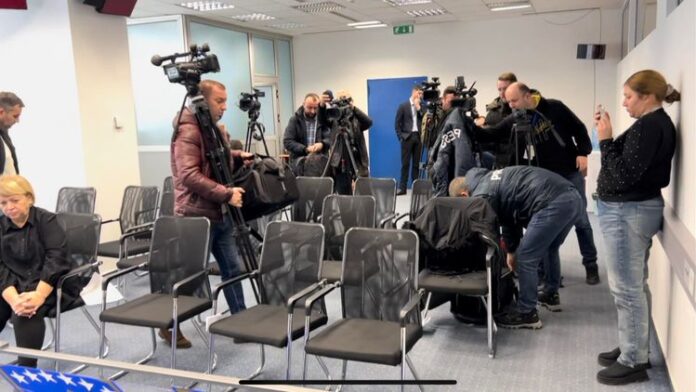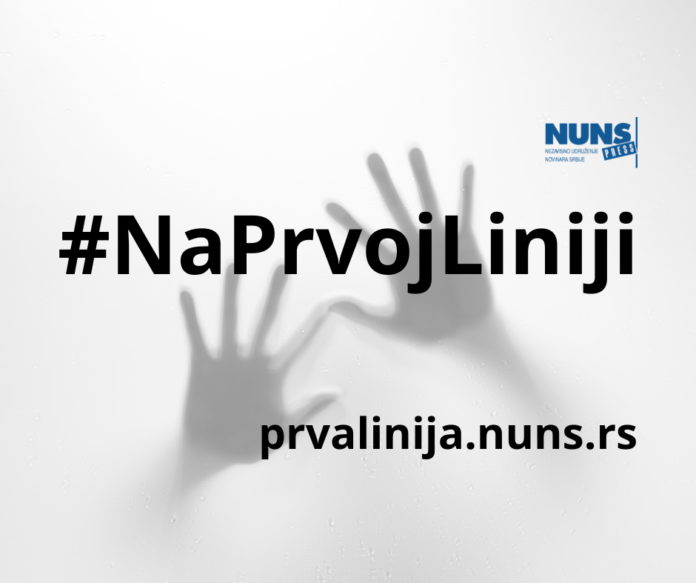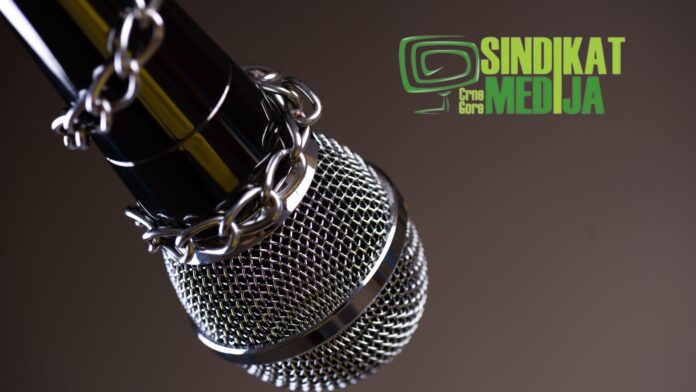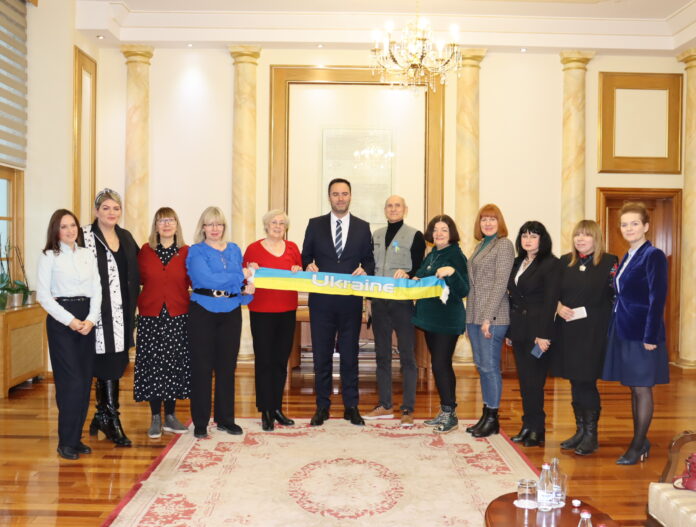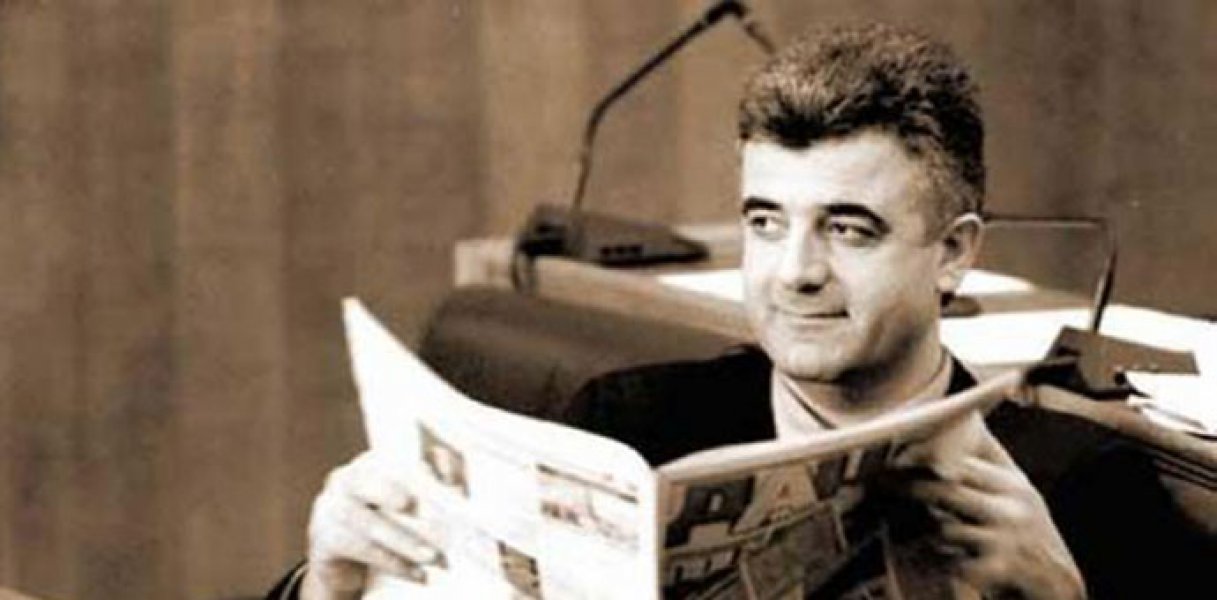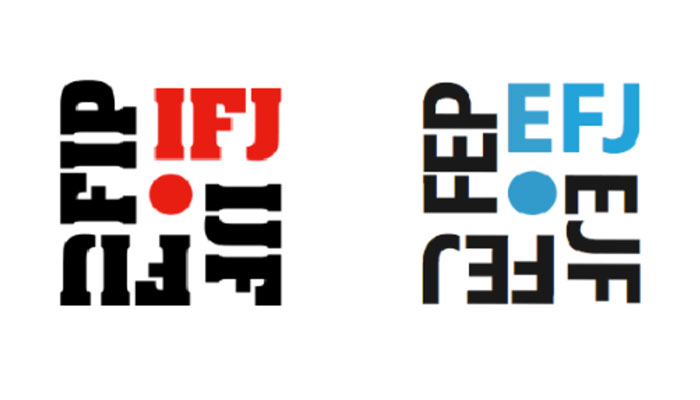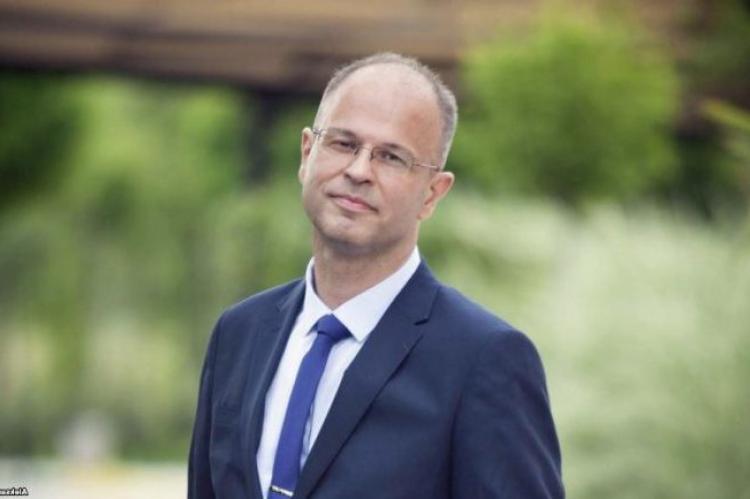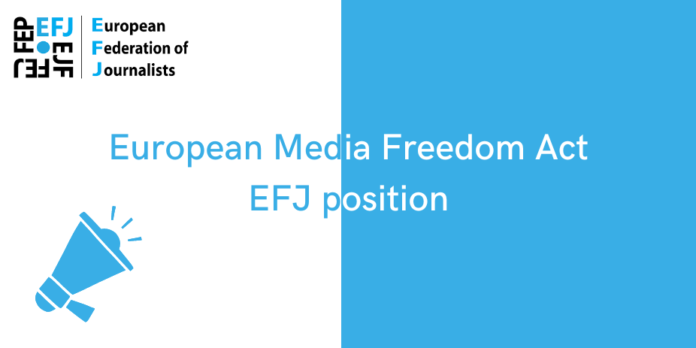PODGORICA, 19.01.2023. – The commission for monitoring the actions of competent authorities in investigations into attacks on journalists indicated that the investigating authorities did not do everything they could to find out the identity of the person who bought the “Golf III” vehicle, which was used in the assassination of “Dan” editor Dusko Jovanovic at May 27th, 2004.
In a report drawn up towards the end of last year, the commission stated that witnesses Veselin Vuceljic and Uros Marcetic clearly described the person who bought the vehicle in 2004 and then brought it to have the windows tinted, but the investigators, as indicated, did not take measures to identify him.
It was pointed out that this description does not only contain the physical features of this face, but also the observations of Vuceljic and Marcetic about his accent.
“However, in the case files available to the Commission, there is not a single document that shows that the competent state authorities took any measure and action to discover the mentioned person, which is obviously very important for discovering the complete truth in this procedure. The authorized officials who acted in this case, based on the statements and descriptions given by Vuceljic and Marcetic, did not create a so-called photo robot of the mentioned person or perform an act of identification, and in order to establish the identity of this person, which, according to the Commission, should have been done. In all police and prosecutorial proceedings that have as their subject the crime of murder, and even less dangerous crimes in Montenegro and in all countries in the world, these are common actions, but in the files that have been the subject of the analysis so far, there is no information that these actions are really done. The analysis established that in the photo-elaboration related to the “Manija” disco, there is a certain drawing on which the figure of a male person is shown, but it is not possible to draw a conclusion to whom it refers,” the report of the Commission reads.
It is reported that police officer Milan Tomic stated in his testimony before the High Court in Podgorica that in such situations, a photo robot is always taken of a person who is suspected of having something to do with the crime of murder or knowledge of that crime, but that he does not remember whether such a photo robot was created in this case.
“It is not known what are the reasons that the competent state authorities, the authorized officials who acted in this case, did not take this important official and legal action. The Commission notes that this is an obvious omission in their work,” the report stated.
It is also emphasized that from the case file and the record of the witness hearing before the High Court in Podgorica on June 28, 2004, which was attended by the prosecutor Ljiljana Klikovac and then the investigating judge of the High Court in Podgorica Radomir Ivanovic, it can be seen that Vuceljic stated also that the person talked to “Vuceljic’s neighbor Ivan Djukic” in his yard.
“However, from the case files available to the Commission, it does not appear that Ivan Djukic was questioned at all as a witness on the circumstances of his conversation with the mentioned person, as well as whether he knew him. That hearing might lead to the identity of the person who bought the vehicle in question from Vučeljić,” the report points out.
The commission claims that investigators are obliged to question all witnesses and establish all facts, especially when it comes to the criminal offense of murder, and even when the smallest traces of such an offense are involved.
“This was clearly not done in this case. The commission is not aware of the reasons for not taking this important official and legal action, but it notes that it is a failure in the work of the competent state authorities,” the report says.
That is why the commission recommends that Vuceljic and Marcetic be interrogated again, but also that the investigators interrogate Ivan Djukic. After the previous and new statements, as it is proposed, it is necessary to make a photo robot of the person who bought the vehicle and brought it for tinting of the windows, then perform the facial recognition operation in accordance with the law, along with an offer for a polygraph test.
In May of last year, the Government of Montenegro confirmed that it is ready to accept international expertise in solving the murder of Jovanovic. The Montenegrin Prosecutor’s Office and the police have not yet determined who and why shot the editor of “Dan” on May 27, 2004, in 13.jul Street in Podgorica.
Last year, the Parliament of Montenegro paid respect to Dusko Jovanovic for the first time with a minute of silence.
The European Commission, the State Department, the OSCE, the Council of Europe, Reporters Without Borders, and numerous journalist associations called on Montenegro to fully shed light on the murder of Jovanovic and other attacks on journalists and the media.
So far, only Damir Mandic from Podgorica has been convicted of complicity in the murder.


